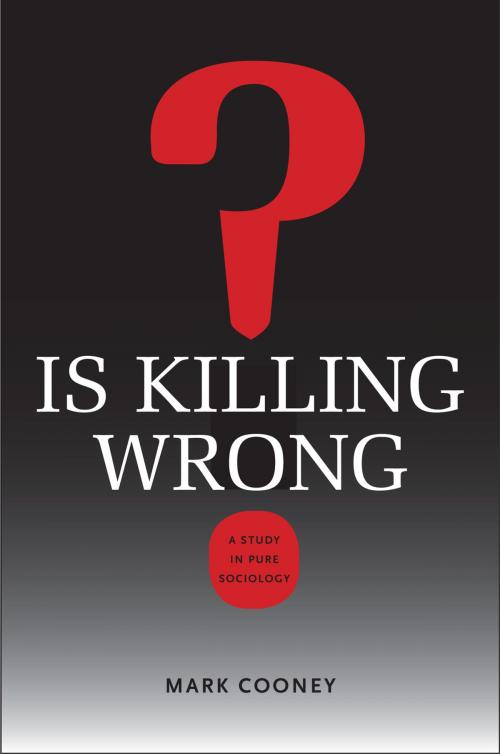Is Killing Wrong?
A Study in Pure Sociology
Nonfiction, Social & Cultural Studies, Social Science, Sociology| Author: | Mark Cooney, Donald Black | ISBN: | 9780813928357 |
| Publisher: | University of Virginia Press | Publication: | October 7, 2009 |
| Imprint: | University of Virginia Press | Language: | English |
| Author: | Mark Cooney, Donald Black |
| ISBN: | 9780813928357 |
| Publisher: | University of Virginia Press |
| Publication: | October 7, 2009 |
| Imprint: | University of Virginia Press |
| Language: | English |
Although "thou shalt not kill" is perhaps the most fundamental legal and moral principle, Mark Cooney finds a remarkable lack of consistency in the handling of homicide not only between but within the whole range of human societies. Equality before the law doesn't exist, but not for the reasons, such as prejudice, that we expect. Legal and moral principles can't explain why one killer is condemned and another acquitted or lauded. The "social geometry" of status and social distance among killer, victim, and third parties does. Incredibly wide-ranging in its 'data set'--Cooney looked at all societies, in all time periods, for which data is available.
The crux of the argument--"social geometry"--is that the relative power relationship between killer and victim determines the harshness of the punishment. Pure sociology removes all subjective factors and maps pure data.
Although "thou shalt not kill" is perhaps the most fundamental legal and moral principle, Mark Cooney finds a remarkable lack of consistency in the handling of homicide not only between but within the whole range of human societies. Equality before the law doesn't exist, but not for the reasons, such as prejudice, that we expect. Legal and moral principles can't explain why one killer is condemned and another acquitted or lauded. The "social geometry" of status and social distance among killer, victim, and third parties does. Incredibly wide-ranging in its 'data set'--Cooney looked at all societies, in all time periods, for which data is available.
The crux of the argument--"social geometry"--is that the relative power relationship between killer and victim determines the harshness of the punishment. Pure sociology removes all subjective factors and maps pure data.















